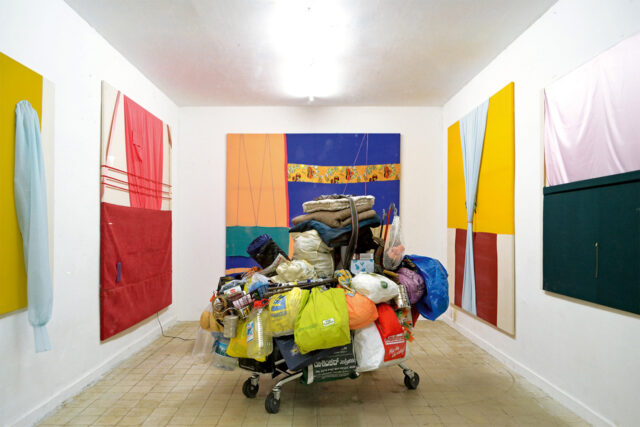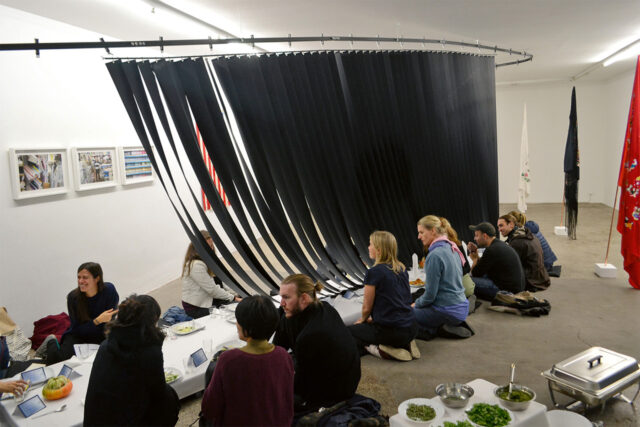
Michel Aniol & Meike Kuhnert, In Medias Res, 2017, Foto: Michel Aniol

Pätzug/Hertweck, Revisionsklappe, 2018, Foto: Michel Aniol

Michel Aniol & Meike Kuhnert, In Medias Res, 2017, Foto: Michel Aniol

Pätzug/Hertweck, Revisionsklappe, 2018, Foto: Michel Aniol